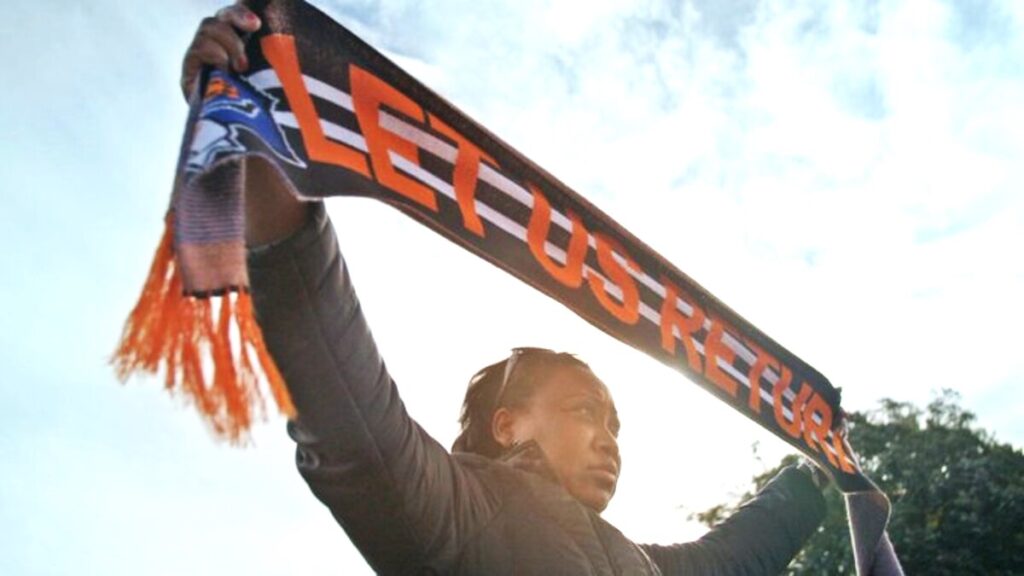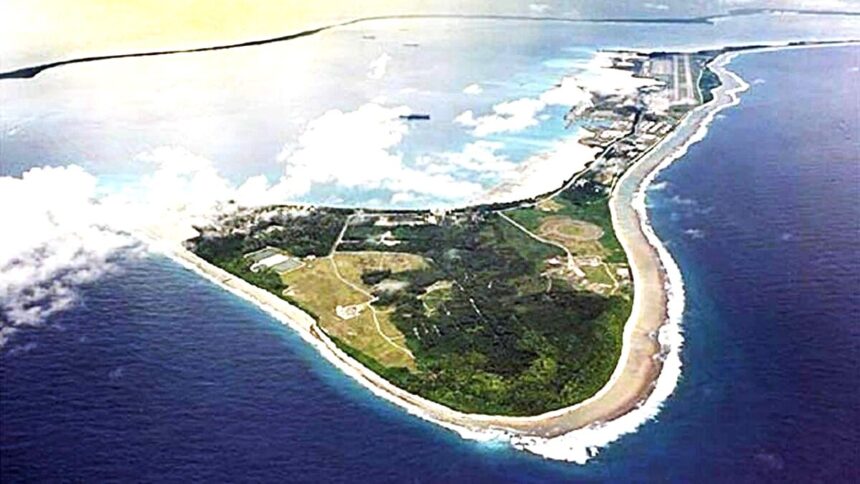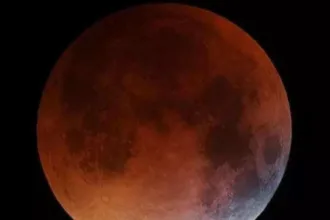In a significant development, the UK government has agreed to transfer sovereignty of the Chagos Islands to Mauritius, bringing an end to decades of contentious negotiations over Britain’s last African colony. This agreement is set against a backdrop of historical injustices that have long haunted the Chagossian people, who were forcibly removed from their homes in the 1960s and 1970s.
Historical Context: The Chagossians’ Expulsion
The Chagos Islands, situated in the Indian Ocean, were separated from Mauritius when it gained independence in 1968. The UK government’s rationale for this separation was to retain control over what it referred to as the British Indian Ocean Territory (BIOT). In pursuit of maintaining a military base on Diego Garcia, the largest island in the archipelago, the British expelled approximately 1,500 to 2,000 Chagossians, an act that has since been condemned as a crime against humanity.
For decades, the displaced islanders have sought justice and the right to return to their homeland. Their plight gained international attention, particularly after rulings from the International Court of Justice (ICJ), the United Nations General Assembly, and the International Tribunal for the Law of the Sea (Itlos) recognized Mauritius’s claims to the islands.

The Agreement: A Step Forward
After 13 rounds of negotiations that commenced in 2022, the UK and Mauritius have reached an agreement that allows for the return of the Chagos Islands to Mauritian sovereignty. However, the deal stipulates that the UK will retain control over the strategically important military base on Diego Garcia.
UK Foreign Secretary David Lammy emphasized that this agreement not only secures the future of the military base but also solidifies the UK’s long-term relationship with Mauritius, which is regarded as a close partner in the Commonwealth. The agreement is seen as a diplomatic triumph, with US President Joe Biden endorsing it as a testament to the ability of countries to resolve historical disputes through dialogue.
Voices of the Chagossians: A Call for Inclusion
While the agreement marks a notable shift in the diplomatic landscape, it has sparked criticism from the Chagossian community in Chagos Islands. Many feel excluded from discussions about their homeland. Chagossian Voices, a community organization, expressed deep disappointment over their lack of consultation in the negotiations, stating that they learned of the agreement through media reports rather than direct communication from the UK government.
The community’s response highlights a diversity of opinions on what justice looks like for Chagossians. Some desire the right to return to the islands, while others fear losing their identity if integrated into Mauritius, which does not recognize the islands as an independent territory. The nuances of these feelings underscore the complexities involved in the restitution process.

Global Perspectives on the Chagos Islands Issue
The Chagossians’ plight has not gone unnoticed internationally. Human Rights Watch has described the UK’s actions as “an appalling colonial crime,” urging for reparations for those affected by the forced displacement. The international community, including the UN, has weighed in, affirming that the UK’s governance of the Chagos Islands was unlawful.
Despite the historical wrongs, the negotiations have faced political challenges. Several candidates in the Conservative leadership contest have criticized the agreement, framing it as a dangerous concession that jeopardizes national security. These criticisms reflect broader concerns about the implications of returning the islands to Mauritius, especially in light of geopolitical tensions in the region.
The Future: Uncertainties Ahead
The political agreement is subject to the finalization of a treaty and supporting legal instruments, which both the UK and Mauritius have pledged to expedite. Prime Minister Sir Keir Starmer has reiterated the importance of this deal for national and global security, especially concerning the continued operation of the Diego Garcia military base.
However, the road ahead remains fraught with uncertainty. The Chagossian community continues to advocate for their rights and for a meaningful role in shaping their future in Chagos Islands. The question of what happens next for the islands and their former inhabitants remains open, with many calling for their voices to be heard in the discussions that lie ahead.
Just some pics of the Chagos Islands seeing as everyone's arguing over them. #Chagos #ChagosArchipelago #ChagosIslands pic.twitter.com/lsxDNd72Cf
— BUGGINOUT (@Bugginout_net) October 3, 2024In summary, while the agreement to return the Chagos Islands to Mauritius represents a pivotal moment in a long-standing dispute, it also raises essential questions about justice, identity, and the role of affected communities in determining their own futures. As negotiations progress, the voices of the Chagossians will be crucial in shaping the narrative surrounding this complex issue.
Read More: Heroic Action: Surgeon Uses Swiss Army Knife in Emergency, Raises Hospital Safety Concerns






